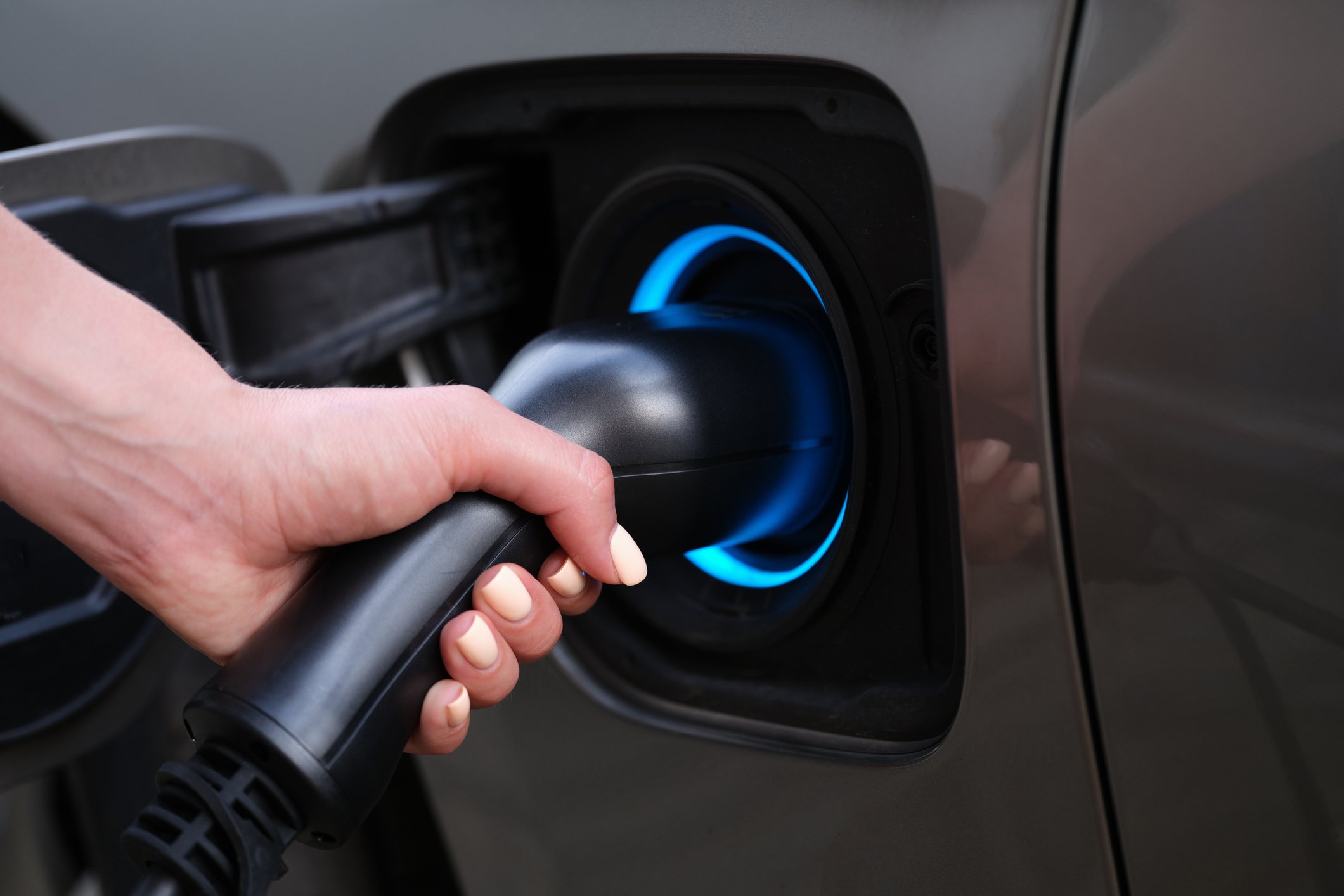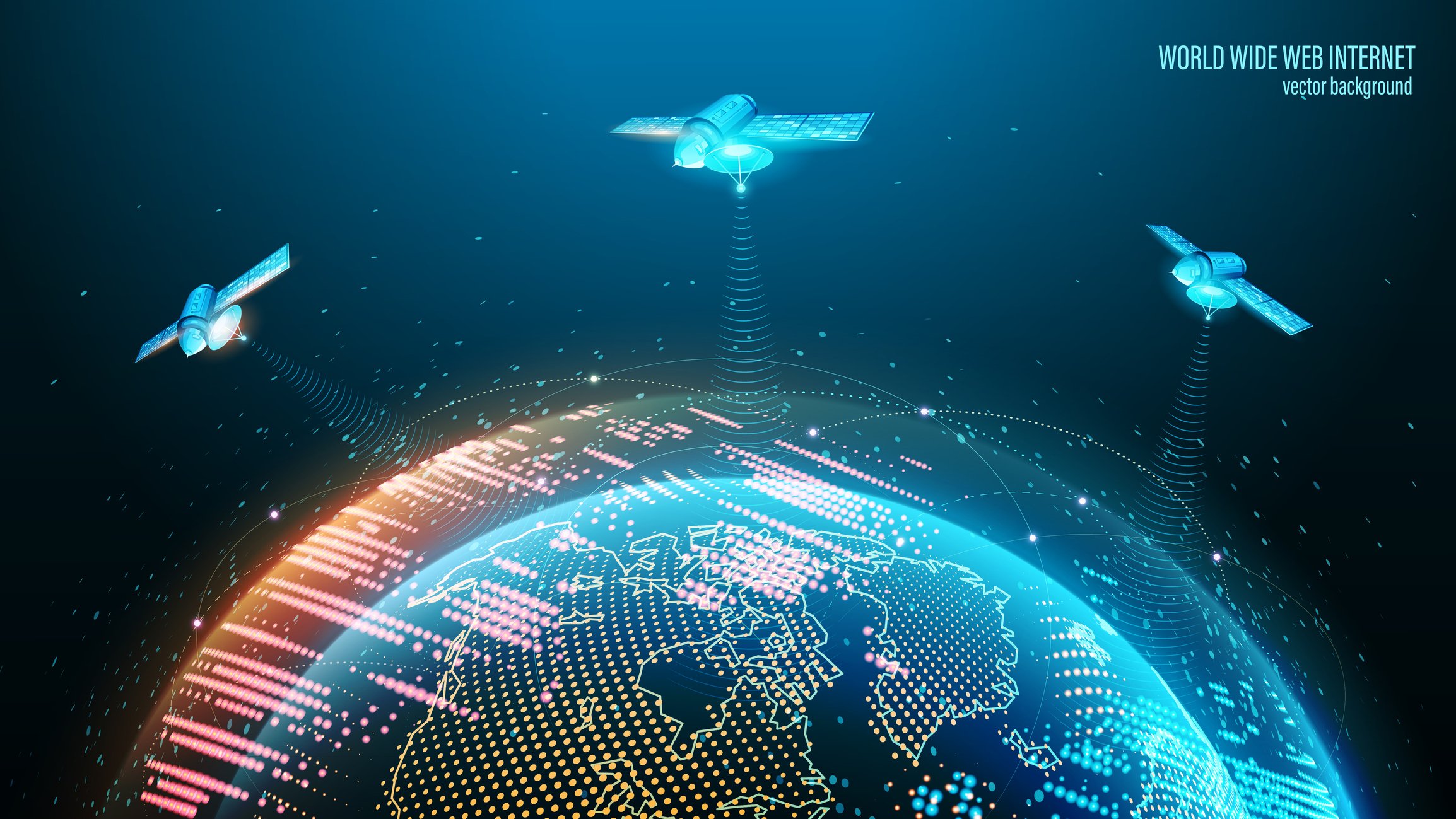
The 2016 Toyota Mirai is the Japanese giant's first attempt at a mass-market hydrogen fuel cell vehicle. It'll arrive at U.S. dealers sometime next year. Source: Toyota.
Why is Toyota (TM +0.66%) turning its back on electric cars to build a hydrogen car?
That has been just one of the big questions surrounding the Japanese auto giant's decision to throw its R&D weight behind the upcoming new Mirai sedan, which will be powered by a hydrogen fuel cell.
The Mirai is certainly an intriguing product. But in order to get the resources to develop it, Toyota made a big shift away from battery-electric vehicles -- because, it said, current batteries have too many disadvantages.
The shift was so big and so complete that it may have been part of the reason behind Toyota's decision to delay the next-generation Prius.
But what if it's a giant bluff?
What if Toyota is counting on Tesla to help it out?
Why would it be a bluff? Well, what if Toyota is counting on a partner to help it out with electric-car development?
A partner like, say, Tesla Motors (TSLA +0.90%).
Toyota made a big investment in Tesla a few years back -- an investment that made it possible for Tesla to acquire its California factory. The two companies worked together on a battery-electric version of Toyota's RAV4 SUV, which was sold in small numbers to help Toyota meet regulatory requirements in states like California.
That project came to an end this past May, after the agreed-upon 2,500 examples were completed.

Tesla Motors installed battery-electric powertrains in 2,500 Toyota RAV4s. That deal is over -- but is a bigger Toyota-Tesla tie-up in the works? Source: Toyota.
But there may be a much bigger project in the works, and Tesla CEO Elon Musk may have let the cat at least partially out of the bag on Monday.
Speaking to reporters at an event in Tokyo, Musk said he "would not be surprised" if a "significant deal with Toyota" to produce an electric vehicle "maybe on a much higher volume level" than the RAV4 project came into being "maybe two or three years from now," according to an Automotive News report.
Toyota had no comment in response to Musk's remarks on Monday, and it's possible that Musk is just betting that the batteries Tesla is planning to produce at its new "Gigafactory" will draw Toyota's interest.
But what if there's more to it? What if Toyota felt comfortable turning its own R&D efforts away from battery-electric cars -- because it knew that Tesla would have it covered if and when the market shifted in that direction?
In other words, what if Toyota's dismissal of battery-electric technology was at least partially a bluff?
The 2016 Toyota Mirai is an electric car, but without the big battery pack
From an American perspective, Toyota's decision to back hydrogen fuel cells over battery-electrics seems baffling. After all, Toyota is the dominant player in hybrid cars, which use battery-electric technology; surely EVs wouldn't be much of a stretch for the world's hybrid-car leader.
Of course, Toyota is moving toward electric cars, but not with big battery packs. A hydrogen fuel-cell car like the Mirai is an electric car, but it uses a fuel cell to generate electricity. A fuel cell is a device that chemically extracts energy from a fuel -- in this case, hydrogen gas -- and generates electricity. The only "exhaust" is water vapor.
Advocates say that hydrogen fuel-cell cars avoid the need for a heavy and expensive battery pack. But they require their own infrastructure -- hydrogen refueling stations.
That's a challenge in the United States, and it's one reason that battery-electric advocates like Musk have loudly disparaged fuel cell vehicles. While Tesla and Nissan are making real inroads with battery-electric cars, and more and more EV charging stations are appearing (at least in urban areas), hydrogen refueling stations are few and far between in the U.S. right now.
Toyota has said that it will bring the Mirai to the U.S. (and to Europe) next year. But while the U.S. is one of Toyota's most important markets, it isn't its only important market.
Why a hydrogen car makes sense for Toyota now
Over 5 million new vehicles were sold in Japan last year, and Toyota sold almost 42% of them. And right now, the Japanese government is aggressively encouraging hydrogen-car development with, among other things, big subsidies for buyers.
On Toyota's Mirai, which is expected to cost about $70,000 when it goes on sale in Japan next year, those incentives will total close to $20,000.

The Mirai will be priced at close to $70,000 when it goes on sale in Japan next year. But incentives are expected to bring the Mirai's cost down substantially, at least in Japan. Source: Toyota.
That's probably enough to justify the development of the Mirai. And since the Mirai is an electric car, some of the work that Toyota is doing on it should transfer back to battery-electrics if and when the case for battery-electrics improves enough for Toyota to take that leap.
Like, if Tesla's new "Gigafactory" leads to a breakthrough in battery prices.
The upshot: Toyota may just be biding its time
What will power the car of the future? We don't know yet. Hybrids, battery-electrics, and hydrogen fuel cells all have pros and cons -- and ever-more-efficient gasoline and diesel engines will continue to be a factor for a while, perhaps a long while.
Most of the big automakers are betting on multiple possibilities -- but nearly all of them are placing some bets on battery-electrics.
That's what made Toyota's move away from battery-electric technology so puzzling. And it's why the move to develop the Mirai seemed to put it at odds with Tesla.
But given that Tesla seems to think it'll be building electric cars for Toyota in a few years, maybe Toyota hasn't quite abandoned the idea of a battery-electric car just yet.







